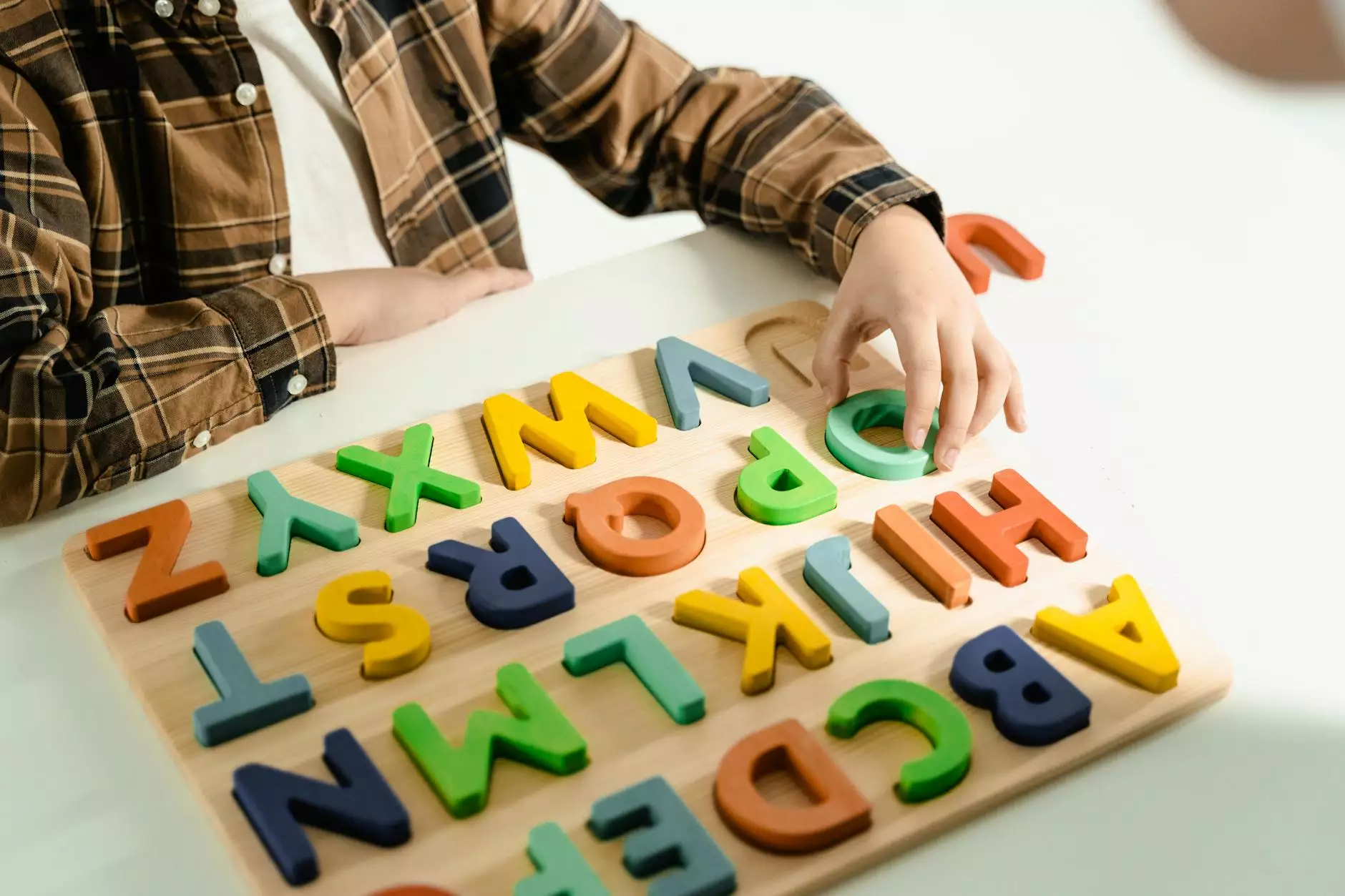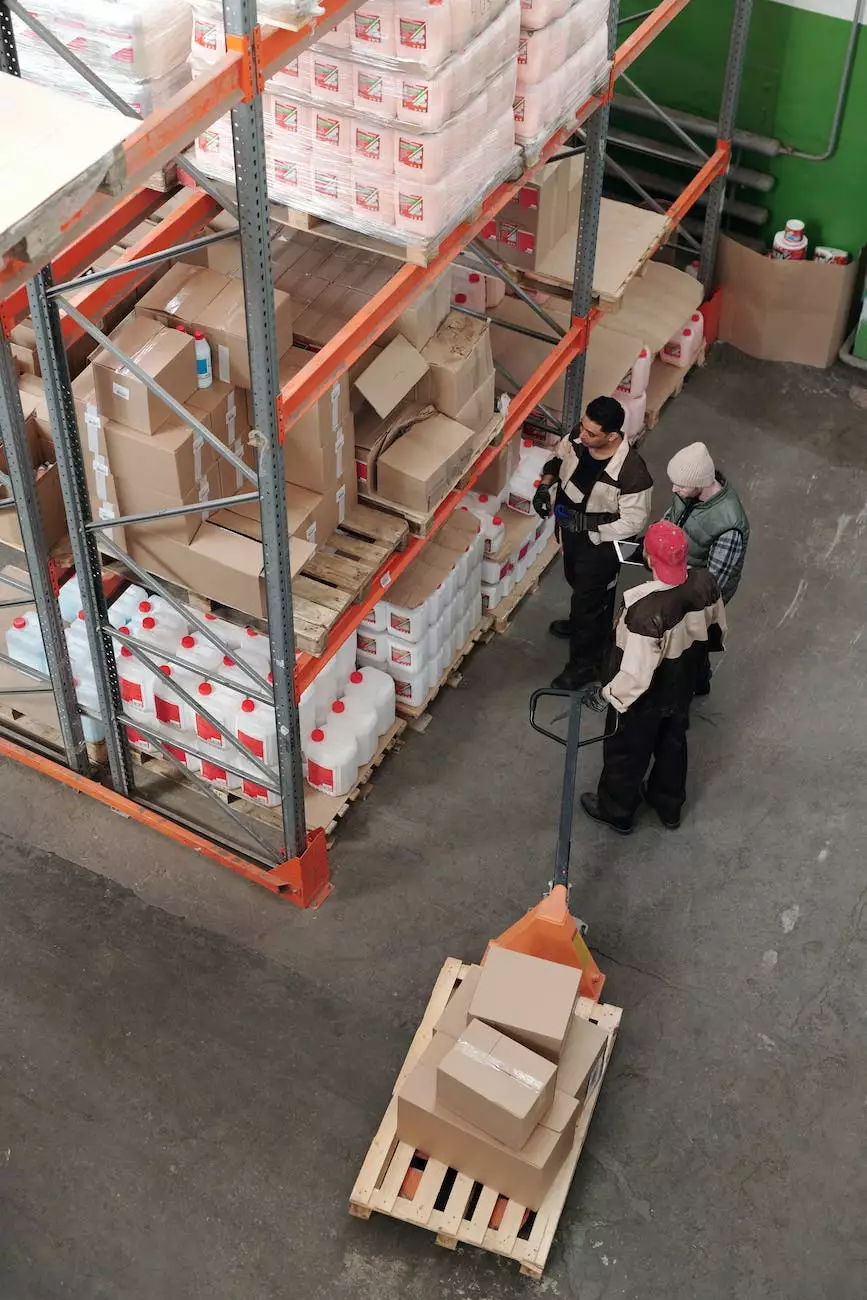18 Months - Age

Introduction
Welcome to The Knowledge Nest's comprehensive guide on the age of 18 months. In this article, we will explore the various developmental milestones, activities, and educational insights that can aid in your child's growth and learning journey. At The Knowledge Nest, our mission is to provide valuable information and resources to parents and caregivers, empowering them to support their child's optimal development during this crucial stage of early childhood.
Physical Development
At 18 months, children experience significant advancements in their physical abilities. They are likely to display better coordination, balance, and overall motor skills. Encouraging physical activities that promote gross and fine motor development is vital during this stage. Some activities include:
- Toddler-friendly obstacle courses to enhance balance and coordination
- Dancing to music, promoting rhythm and body movement
- Building with blocks or stacking toys to improve fine motor skills
Cognitive Development
Cognitive development refers to the ability to think, reason, and understand the world around us. At 18 months, children's cognitive skills expand rapidly. Here are some activities that can stimulate cognitive growth:
- Puzzles and shape sorters to enhance problem-solving and spatial awareness
- Reading books and engaging in interactive storytelling to encourage language development and comprehension
- Playing with sensory toys to stimulate sensory exploration and understanding
Language and Communication Development
Language development plays a vital role in a child's overall growth and communication skills. At 18 months, children start to grasp language at a faster pace. Here are some language-focused activities to encourage their development:
- Talking and engaging in conversations with your child to foster vocabulary growth
- Singing songs and reciting rhymes to improve speech and pronunciation
- Introducing picture books with simple words, aiding in language acquisition
Social and Emotional Development
At 18 months, children begin developing their social and emotional skills, learning to interact with others and understand their own feelings. Here are some activities that support healthy social and emotional growth:
- Facilitating playdates and encouraging interaction with peers
- Engaging in pretend play to nurture imagination and empathy
- Providing opportunities for independent play to foster self-confidence
Conclusion
The age of 18 months is a critical time for children's development across various domains. By providing a nurturing and stimulating environment, you can support their physical, cognitive, language, and social-emotional growth effectively. At The Knowledge Nest, we strive to equip parents and caregivers with the knowledge and tools necessary to ensure their child's success. Explore our website and discover more valuable resources to enhance your child's learning journey today!










